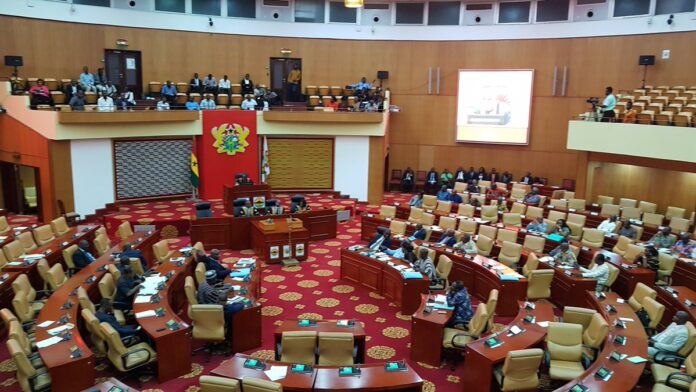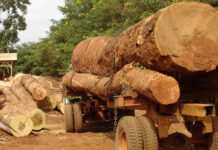… as Parliament passes bill
Parliament has passed into law, the Petroleum Hub Development Corporation Bill, 2020 to allow for the establishment of a petrochemical hub in the Western Region of Ghana.
The US$ 60billion project will see the establishment major infrastructure for petrochemical refining and processing, as well as the discharge, storage, distribution, transportation, and trading of petroleum products using Ghana as a hub for the West African sub-region and the world at large.
According to a report presented to Parliament prior to the passage of the bill, the project is expected to earn the country about US$ 1.56billion in export tax, and 130 percent increase in Gross Domestic Product (GDP) with the injection of US$ 60billion into the country’s economy by the year 2030.
The report also stated that the establishment of the hub is projected to create some 780,000 jobs in the country. Out of the estimated total cost of US$60billion, the government of Ghana is expected to contribute US$6billion, representing 10 percent of the total investment cost, with the remaining cost covered by some private capital sought by government.
“The government intends to leverage private capital to finance the remaining 90 percent funding requirements. The contribution of government would be targeted at providing the initial basic infrastructure including land acquisition, payment of compensation, construction of road networks, and extension to the area, social amenities such as water and electricity,” the report said.
Speaking on the Floor of the House during the consideration stage last week, Deputy Minister for Energy, Joseph Cudjoe, told the house that the project will see to an increase in the presence of major international oil trading and storage companies, while encouraging public-private partnerships and joint ventures between local and international companies. “This will invariably result in knowledge transfer and wealth creation,” the deputy minister added.
The report further noted that the establishment of the plants as part of the project, will enable the country maximise the value of its gas reserves of about 2,080 billion standard cubic feet and also take advantage of the emerging market in Africa for the production and distribution of ammonia, fertilizer, methanol, among others.










